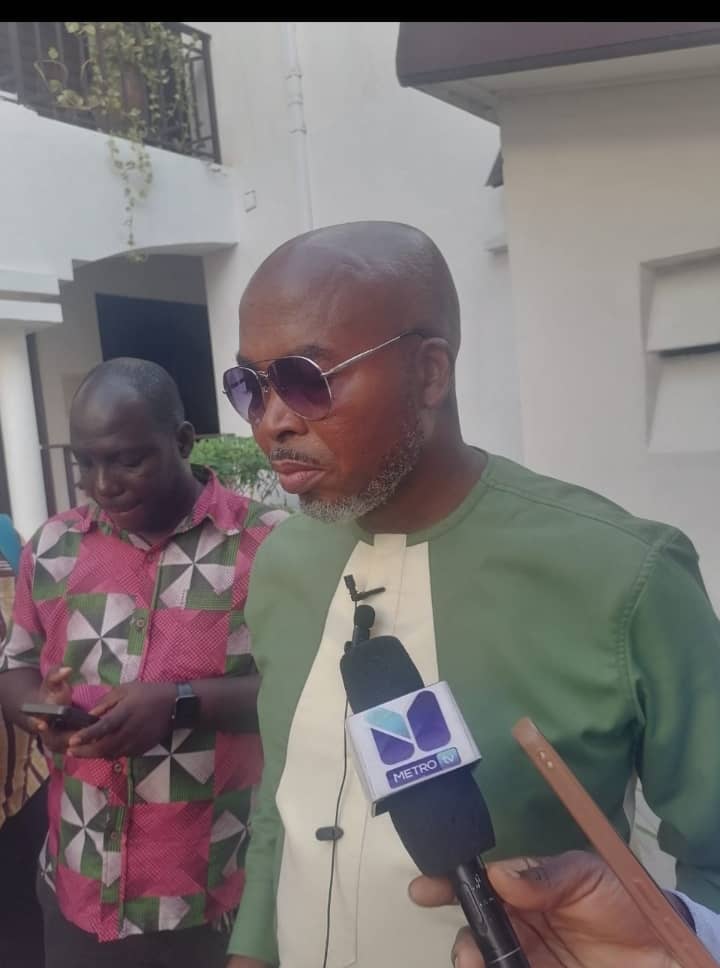Report By: Ishmael Barfi
At the recent Caucus For Democratic Governance, Ghana Public Forum held in Accra, Mr. Korsi Dzokoto of Waxson Advisors shed light on the alarming trend of skilled labor migration from Ghana. The forum, themed “The Alarming Exodus of Skilled Labour from Ghana: Political and Economic Strategies Aimed at Trend Reversal, and Immediate Necessity,” focused on the economic challenges prompting Ghanaians to seek opportunities abroad.
Mr. Dzokoto emphasized that while migration is a natural part of life, today’s exodus of skilled labor is driven by severe economic hardship—a significant departure from historical migration patterns within the country. “The rise in living costs is crushing families,” he stated.
“If you used to buy kenkey for one cedi, it now costs six, seven, or even eight cedis. Incomes aren’t increasing to match these prices, leaving the average Ghanaian struggling.” He attributed the crisis to economic mismanagement, particularly the government’s heavy borrowing, which has pushed Ghana’s debt-to-GDP ratio from 57% to over 100% in 2022.
Quoting Dr. Mahamudu Bawumia, Dzokoto noted, “When the fundamentals are weak, the exchange rate will expose you.” He explained that the cedi’s depreciation, now around 17 cedis to the dollar, reflects weak economic fundamentals, leading to Ghana’s first-ever default on debt payments.
Dzokoto challenged the President’s assertion that Ghana’s economic woes stem primarily from the COVID-19 pandemic and the Russia-Ukraine war. He pointed out that while Ghana’s inflation hit 54.1% in 2022, Africa’s median inflation rate was about 11%. He argued that poor economic management and over-borrowing, rather than external crises, were the primary causes of Ghana’s economic collapse, leading to a debt exchange program affecting pensions and savings.
As a solution, Dzokoto referenced former President Kufuor’s advice: if the current leadership is delivering, re-elect them; if not, vote for change. “Ghana deserves better than what we have now,” he concluded.
This forum highlighted the urgent need for political and economic strategies aimed at reversing the trend of skilled labor migration and addressing the root causes of Ghana’s economic challenges.
Source: www.thenewindependentonline.com








